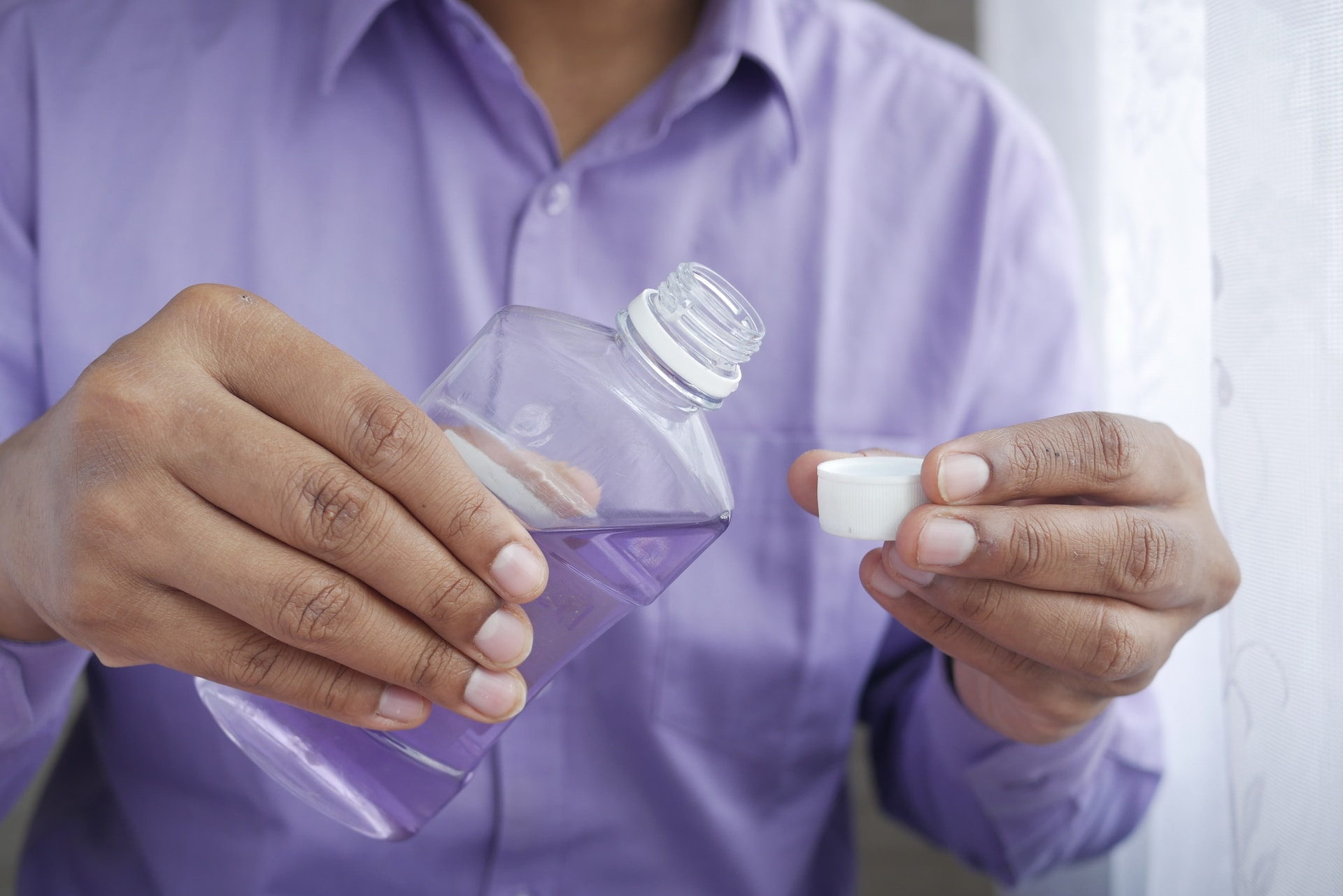
24 Mar Is Mouthwash Necessary for Healthy Teeth?
With such a wide range of dental hygiene products to choose from, you may be wondering if they’re all actually necessary. A toothbrush and dental floss are absolutely essential, of course, but what about mouthwash? Let’s explore whether mouthwash is necessary for maintaining healthy teeth, and how to use it correctly if you decide to add it to your routine.
Is Mouthwash Really Necessary?
Mouthwash is not a mandatory part of your oral hygiene routine, but that doesn’t mean mouthwash is useless or that you shouldn’t use it. There are still many benefits of using a mouth rinse in addition to brushing and flossing.
- Mouthwash helps kill more hard-to-reach bacteria, providing extra protection from tooth decay and gum disease.
- It’s useful for preventing bad breath.
- Mouthwash that contains fluoride helps strengthen tooth enamel.
- Alcohol-free mouth rinses that contain chlorhexidine and lidocaine can help soothe canker sores.
- It helps clean out periodontal pockets formed by receding gums (a result of advanced gum disease) to promote healing.
- Some mouth rinses are specially formulated to help with tooth sensitivity, gingivitis, and other dental issues.
How to Use Mouthwash
Unless instructed by your dentist, you don’t have to use mouthwash every day. But when you do use it, it’s important to know how to use it effectively.
Just remember that using mouthwash can never substitute the power of brushing and flossing. It’s simply not as effective at eliminating plaque buildup as brushing for at least two minutes twice a day and flossing daily.
Here are our professional tips on how to get the best results from using mouthwash:
- Use mouthwash after flossing your teeth to help remove loosened food particles and plaque.
- Rinse and floss before brushing your teeth. Rinsing right after brushing lessens the effectiveness of fluoride toothpaste, because it washes the toothpaste away. Even if your mouthwash also contains fluoride, it’s still important to rinse before brushing to let the toothpaste take full effect.
- Swish the mouthwash around your mouth for at least 30 seconds to effectively kill bacteria, then spit.
- Never swallow mouthwash—this can make you sick if you do it often enough.
Mouthwash and Dry Mouth
The best type of mouthwash to choose—especially for seniors—is an alcohol-free rinse that contains fluoride and has earned the ADA seal of acceptance. Regularly using mouthwash that contains alcohol can contribute to a condition called dry mouth, which is very common in older adults.
When dry mouth occurs, the body fails to produce enough saliva to properly lubricate the mouth. This condition can become very uncomfortable and lead to mouth sores, and also puts your oral health more at risk. Without enough saliva to help wash bacteria away, your mouth is more vulnerable to tooth decay and gum disease.
Teeth Cleanings in Sun Lakes, Arizona
Whether or not you use mouthwash, you must get your teeth cleaned at least twice a year. Professional cleanings eliminate all the plaque, tartar, and bacteria that can’t be removed by your toothbrush, floss, and mouthwash.
At Dr. Saba and Associates, we help adults in the Sun Lakes community achieve brighter, healthier smiles with gentle teeth cleanings. We’d also be happy to discuss the best type of mouthwash for your dental needs when you visit. Give us a call at 480-895-2111 today to schedule an appointment.
Images used under creative commons license – commercial use (3/24/2023). Photo by Towfiqu barbhuiya on Unsplash



